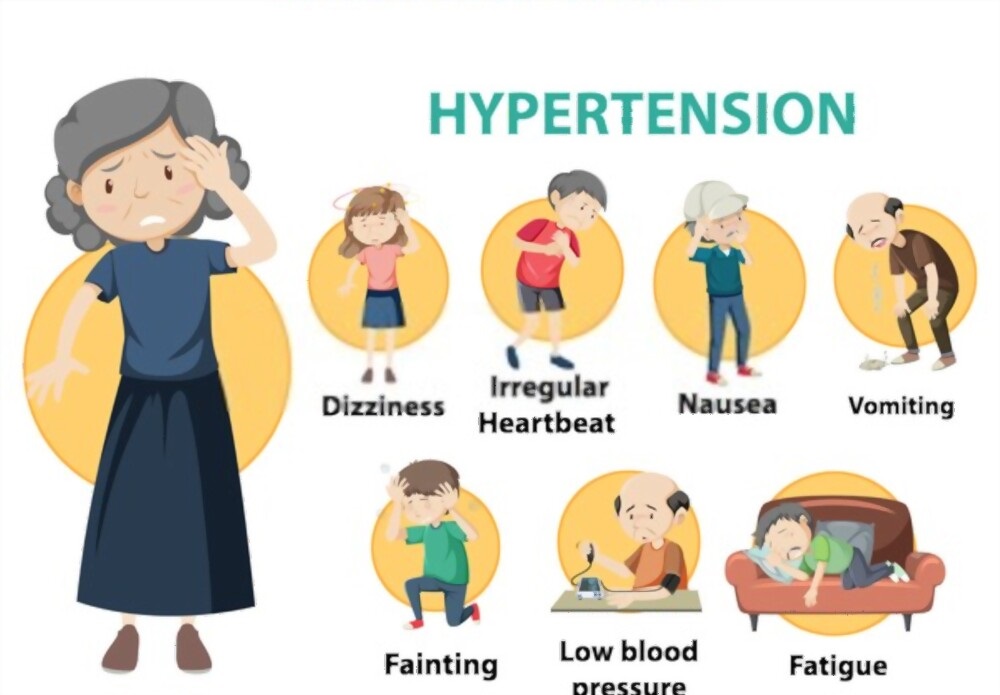High BP in Your Family? Follow These Science-Backed Strategies to Stay Healthy”

High BP in Your Family? Follow These Science-Backed Strategies to Stay Healthy”
Following a balanced diet like the DASH (Dietary Approaches to Stop Hypertension) diet can help manage blood pressure
Hypertension, or high blood pressure, can result in serious complications, yet it often presents no obvious symptoms. As a result, many individuals remain unaware of their condition until they receive a diagnosis.
Managing high blood pressure (hypertension) is crucial, especially if it runs in your family. Implementing specific lifestyle changes in your 30s can significantly reduce your risk. Here are some effective strategies:
1. Limit Sodium Intake
Most dietary sodium comes from processed and packaged foods, not just the salt shaker. To reduce sodium:
Avoid Processed Foods: Steer clear of packaged snacks, canned soups, and frozen meals.
Check Labels: Aim for foods with less than 140 mg of sodium per serving.
Enhance Flavor Naturally: Use fresh herbs, lemon, garlic, and black pepper instead of salt.
2. Adopt a Heart-Healthy Diet
Following a balanced diet like the DASH (Dietary Approaches to Stop Hypertension) diet can help manage blood pressure:
Increase Fruits and Vegetables: Aim for 5–6 servings daily, including bananas, oranges, spinach, and carrots.
Choose Whole Grains: Opt for brown rice, whole wheat pasta, and whole-grain bread.
Select Healthy Fats: Use olive oil, nuts, and avocados instead of butter and fried foods.
Limit Sugary Beverages: Reduce intake of soda, candies, and fruit juices with added sugars.
3. Engage in Regular Physical Activity
Regular exercise can lower blood pressure naturally. Aim for:
Moderate Exercise: 150 minutes per week (e.g., brisk walking, swimming, or dancing).
Intense Exercise: 75 minutes per week (e.g., running, cycling, or high-intensity interval training).
Incorporate Movement into Daily Life: Take the stairs, walk during phone calls, or dance while doing household chores.
4. Manage Stress Effectively
Chronic stress can elevate blood pressure. To manage stress:
Practice Deep Breathing: Try inhaling for 4 seconds, holding for 7, and exhaling for 8.
Ensure Quality Sleep: Aim for 7 to 9 hours per night.
Incorporate Laughter: Engage in activities that make you laugh to reduce stress.
5. Maintain a Healthy Weight
Excess weight, particularly around the abdomen, heightens the likelihood of developing high blood pressure. Focus on eating until you feel satisfied rather than overly full. Be careful not to confuse thirst with hunger. Incorporating more fiber into your diet can help you feel fuller for a longer period and aids in digestion. Additionally, try to avoid late-night eating, as it can disrupt your metabolism.
When to Consult a Healthcare Provider?
Unmanaged hypertension can result in symptoms that disrupt your daily life. High blood pressure may lead to issues such as blurred vision, extreme fatigue, irregular heartbeats, and nosebleeds. It’s important to inform your healthcare provider if you notice any of these signs.
A blood pressure reading of 180/120 mmHg is classified as critically high. If you reach this level, wait a few minutes and recheck your blood pressure. If it remains elevated or if you experience more severe symptoms such as difficulty breathing, chest pain, numbness or weakness, changes in vision, or trouble speaking, seek medical help.












